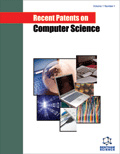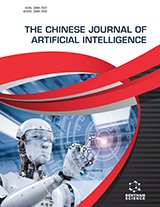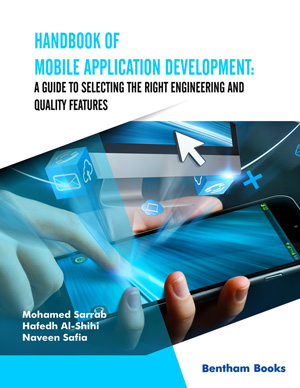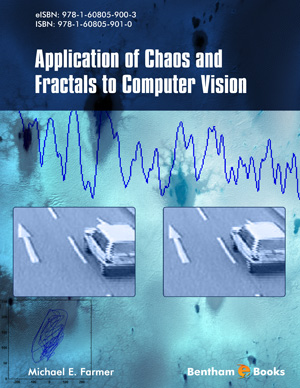Abstract
The water governance process is seen as a mechanism to solve both the deficiencies of the broader governance process and the Millennium Development Goals (MDGs). Millions of people in India rely on unstable, low-quality water supplies that are expensive and far from their homes. Water scarcity has a wide range of socioeconomic consequences. Women and girls are typically entrusted with the responsibility of collecting water for domestic purposes. Providing rural communities with piped water for drinking and domestic needs is an important and difficult endeavor. In light of the above Amity University Chhattisgarh partnering with UNICEF Chhattisgarh is entrusted with the responsibility of providing technical & monitoring support to the Mission Directorate, Jal Jeevan Mission (JJM), and Public Health & Engineering Department (PHED), Government of Chhattisgarh along with Institutional Capacity Building, planning, monitoring and reporting for effective implementation of safe rural drinking water facilities across the Chhattisgarh State.
Materials and Methods: In this perspective, the prime objective of the project was to strengthen the institutional capacity building, and program monitoring in 28 districts of Chhattisgarh through the establishment of the State Program Management Unit (SPMU) at the Directorate of Jal Jeevan Mission (JJM) and Project Management Unit (DPMU) at 14 district levels with light support to 14 additional districts. The method used for data collection was primary and secondary. The findings of the study are presented in suitable tables and graphs.
Results: Results of the study show the progress in solving drinking water problems in rural areas of Chhattisgarh since the inception of the monitoring project i.e. 1st June 2021.
Conclusion: In this paper, an attempt has been made to report the progress of the implementation of the JJM scheme in partnership with UNICEF Chhattisgarh.






















